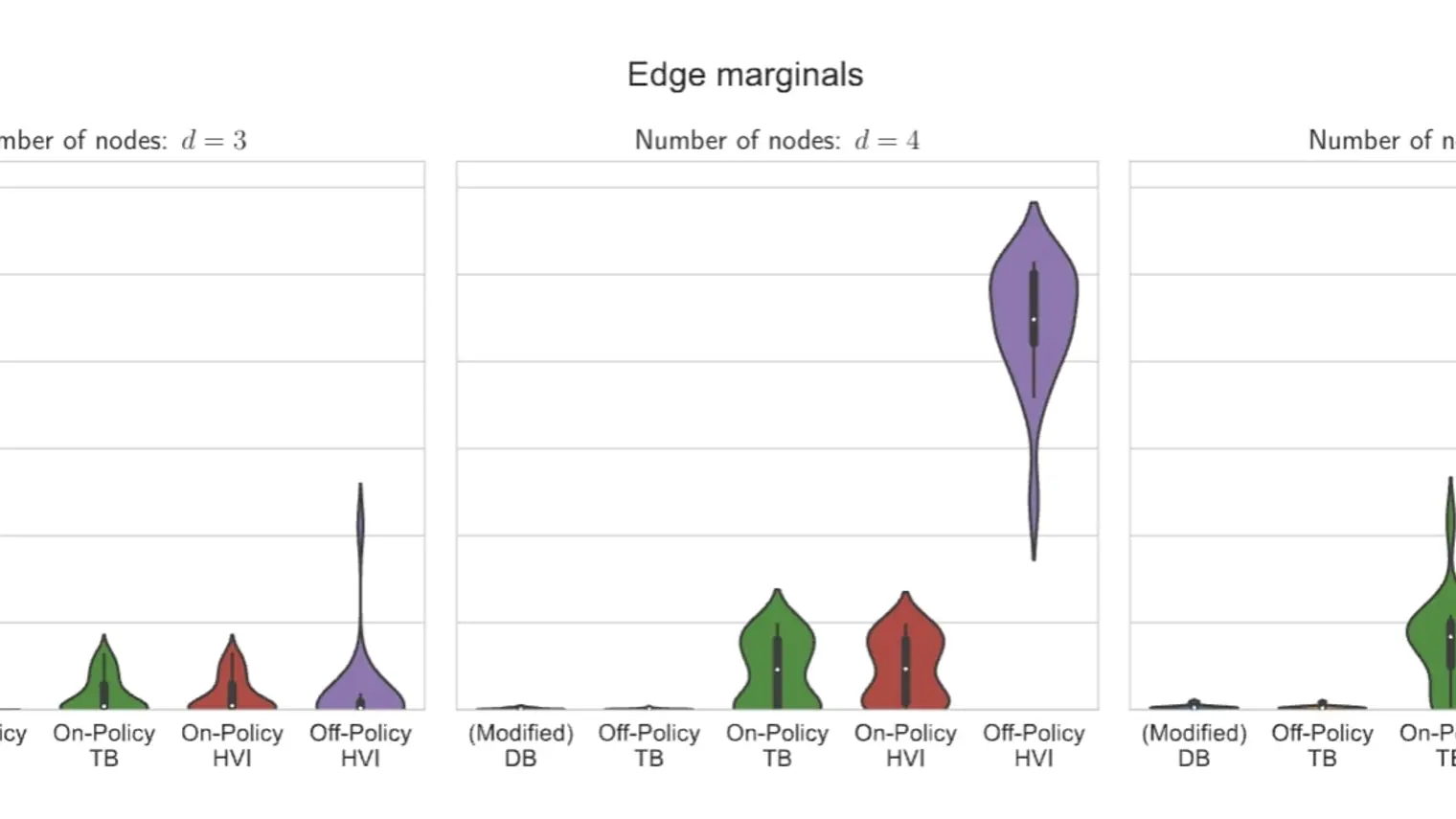
Nikolay Malkin
Collaborateur·rice alumni - UdeM
Superviseur⋅e principal⋅e
Sujets de recherche
Apprentissage par renforcement
Apprentissage profond
Modèles génératifs
Modèles probabilistes
Raisonnement
Traitement du langage naturel
Vision par ordinateur



